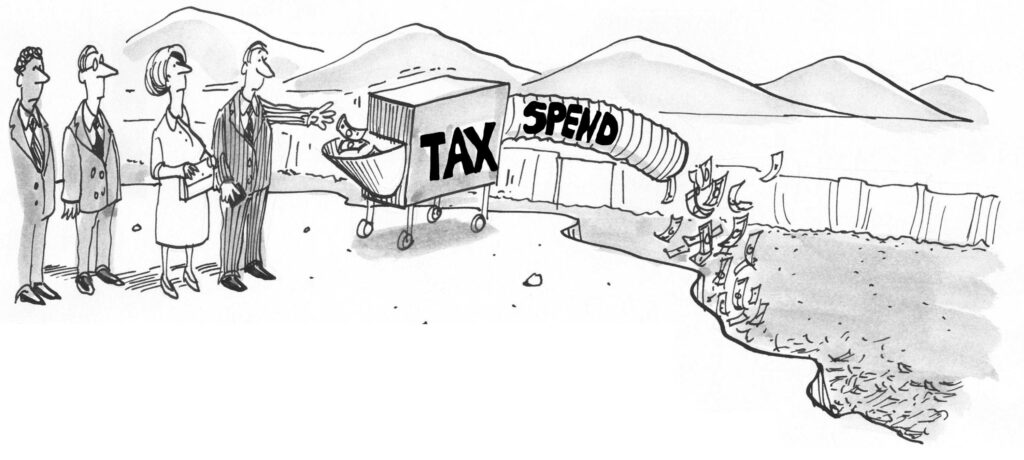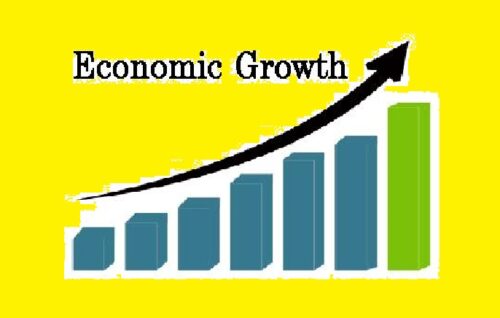PIVOTAL ROLE OF THE VALUER
PIVOTAL ROLE OF THE VALUER Valuers play a pivotal role in the real estate industry by providing accurate and reliable valuations of properties. They are tasked with determining the fair market value of a property, which is essential in determining the price for buying, selling or leasing a property. The role of a valuer is […]
PIVOTAL ROLE OF THE VALUER Read More »











